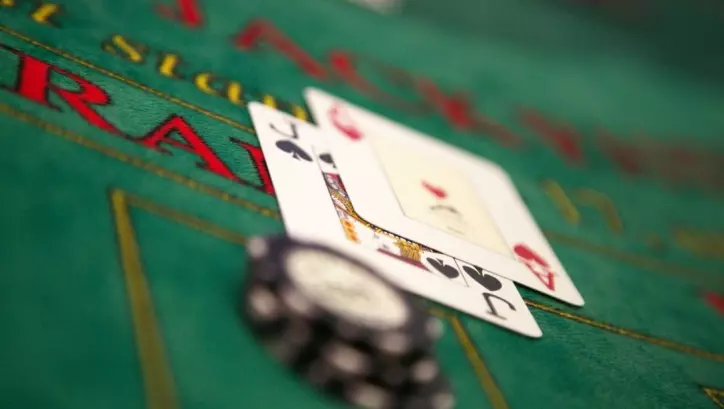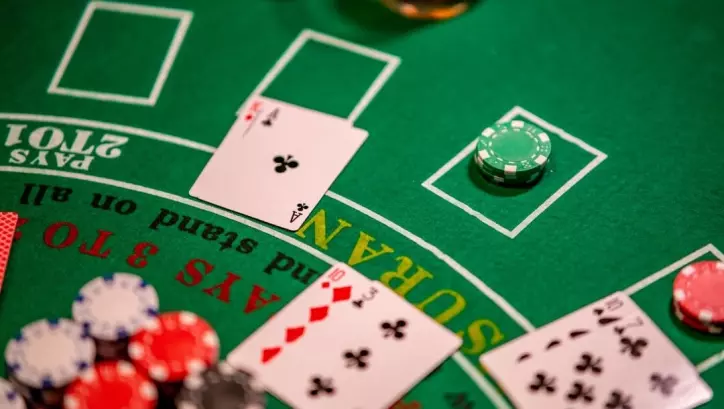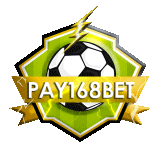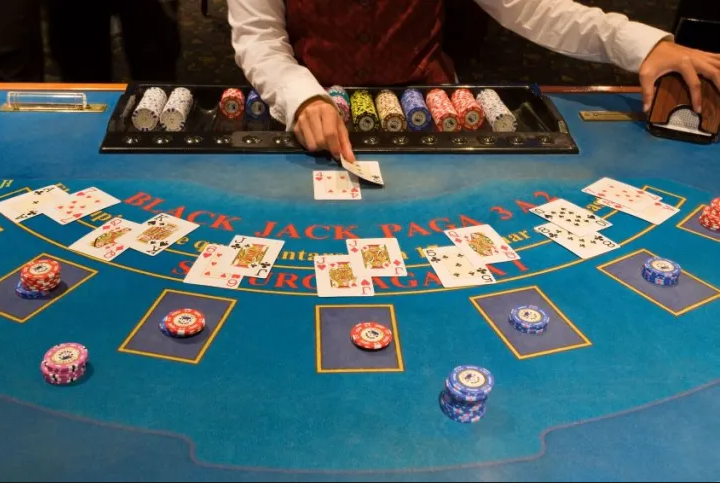Blackjack, also known as 21, stands as one of the most widely favored live dealer casino games due to its amalgamation of strategy and luck, as well as its accessibility for newcomers. Nevertheless, akin to many casino games, the presence of a house edge is a common feature, stemming from the operational costs of both brick-and-mortar and online casinos. An essential factor favoring the house is the player’s initial action, as they play their hand before the dealer, potentially risking their stake without any dealer involvement.
Fortunately, the blackjack house edge, which significantly influences your odds of success and can fluctuate based on various variables, tends to be more favorable compared to other gambling games like online slots. What precisely is this blackjack house edge, and are there effective strategies to diminish it in your favor? Keep reading for the answers.
Understanding the Blackjack House Advantage

The more you acquaint yourself with the nuances of blackjack, from understanding why dealers swipe the table twice during the game to when it’s opportune to double down, the higher your chances of securing a win become. The same principle applies when comprehending the concept of the house edge, which signifies the percentage a casino typically profits over an extended period in any given game. In the realm of blackjack, this percentage can fluctuate between 0.5 percent and 4 percent, with an unseasoned player facing an approximate house edge of 2 percent. In practical terms, this means that for every $100 wagered, an expectation of losing $2 exists. Though sporadic, short-term fluctuations can occur, over the long haul, statistics align the house edge within the 0.5 percent to 4 percent range, effectively indicating that blackjack odds lean in favor of the house. So, how can you enhance your prospects of achieving blackjack victories? Consider these strategies to minimize the blackjack house advantage.
Enhance Your Blackjack Proficiency
There exist several strategic approaches in blackjack that can boost your likelihood of success, encompassing the following:
Standing
It is advisable to stand on a hand of 17 or higher, irrespective of the dealer’s possession of a 10 or an ace. Only opt to stand on a total of 12 when the dealer reveals a 4, 5, or 6.
Doubling
Doubling down is a prudent choice with a hard 11 (excluding aces), as this serves as an auspicious starting hand.
Splitting
Splitting comes into play when you hold two cards of the same value and decide to divide your current hand into two separate hands, necessitating an additional bet equal to your initial wager. Employing this tactic provides a 0.4 percent advantage over the house, thus tilting the odds in your favor. When used defensively, splitting aids in breaking up a poorly-valued pair (e.g., 8-8) into a more favorable scoring opportunity and reduces the risk of busting with 16. On the offensive front, splitting results in more money at stake when you’re in a strong position and the dealer possesses a weak hand. For instance, if you’re dealt a pair of aces, it is advisable to split. Nonetheless, avoid splitting 10s, as a total of 20 constitutes a formidable starting hand.
Card Counting
Despite the portrayal of card counting as illicit in many casino-themed films, it is, in fact, a blackjack myth. Counting cards during blackjack won’t result in ejection from the casino floor. The objective here is to keep track of the prevalence of high and low cards in the deck. When an abundance of high cards, such as 10s and aces, remains in the deck, it’s prudent to increase your bet to chase the coveted 21. Conversely, a surplus of low cards makes achieving a blackjack more arduous and elevates the risk of going bust. By adjusting your bets according to the card composition (betting more when high cards are abundant and less when they’re scarce), you can shift the house edge in your favor. It’s essential to note that this strategy is applicable only to live dealer blackjack and not to online casino versions.
Familiarize Yourself with Casino Rules

The blackjack house advantage varies across different casinos. For instance, it’s crucial to consider whether the blackjack games are conducted with a single deck or multiple decks. In cases where a single deck is used, the house edge is approximately 0.25 percent lower than in games that employ multiple decks, mainly because single-deck games make card counting more feasible for players.
Another influential casino rule that can alter the blackjack odds is the allowance of doubling down after a split. If this option is available, it diminishes the casino’s advantage by around 0.15 percent. Additionally, it’s essential to ascertain the payout offered for achieving a blackjack. Typically, casinos provide a payout of +150 for this accomplishment, but some establishments may offer a reduced +120 return.


